|
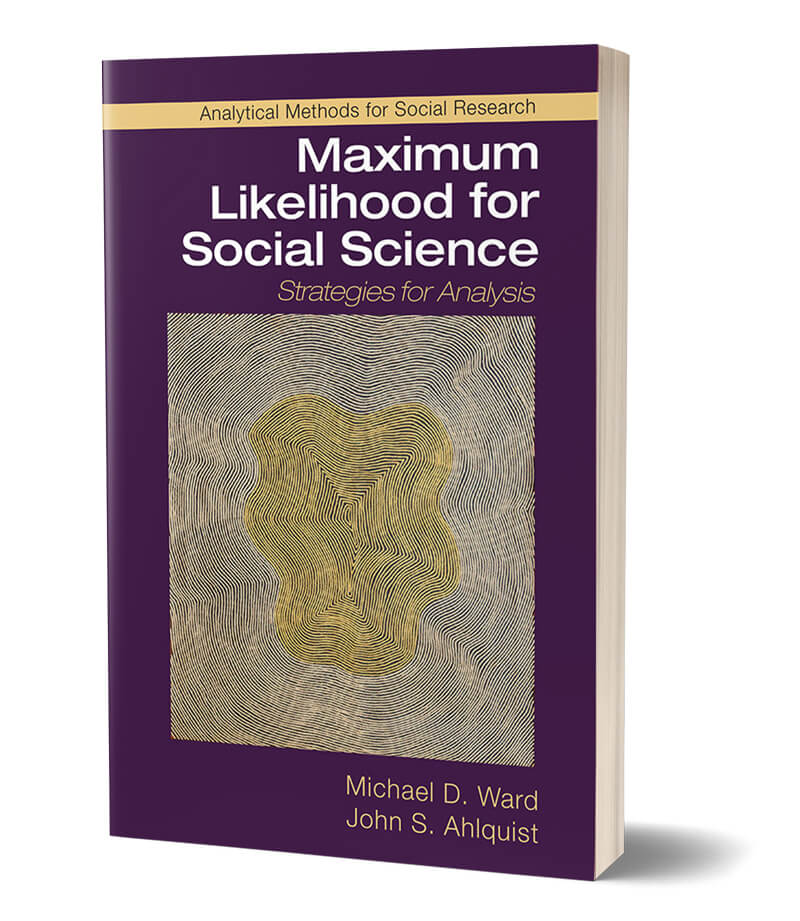
|
John Ahlquist
"Maximum Likelihood for Social Science: Strategies for Analysis" (2018)
This book focuses on applied computation in R, a language and environment for statistical computing and graphics. With his co-author, Ahlquist uses real social science data from actual, published research, and provides a practical introduction to social science research.
"In the Interest of Others: Organizations and Social Activism" (2013)
Here, Ahlquist and his co-author develop a new theory of organizational leadership and governance to explain why some organizations expand their scope of action in ways that do not benefit their members directly.
|
|

|
Eli Berman
"Proxy Wars" (2019)
The most common image of world politics involves states negotiating, cooperating or sometimes fighting with one another. Yet working through local proxies or agents, through what the authors call a strategy of "indirect control," has always been a central tool of foreign policy.
"Small Wars, Big Data" (2018)
This book shows that a revolution in the study of conflict – enabled by vast data, rich qualitative evidence and modern methods — yields new insights into terrorism, civil wars and foreign interventions.
"Radical, Religious and Violent: The New Economics of Terrorism" (2009)
How do radical religious sects run such deadly terrorist organizations? The book approaches the question using the economics of organizations.
|
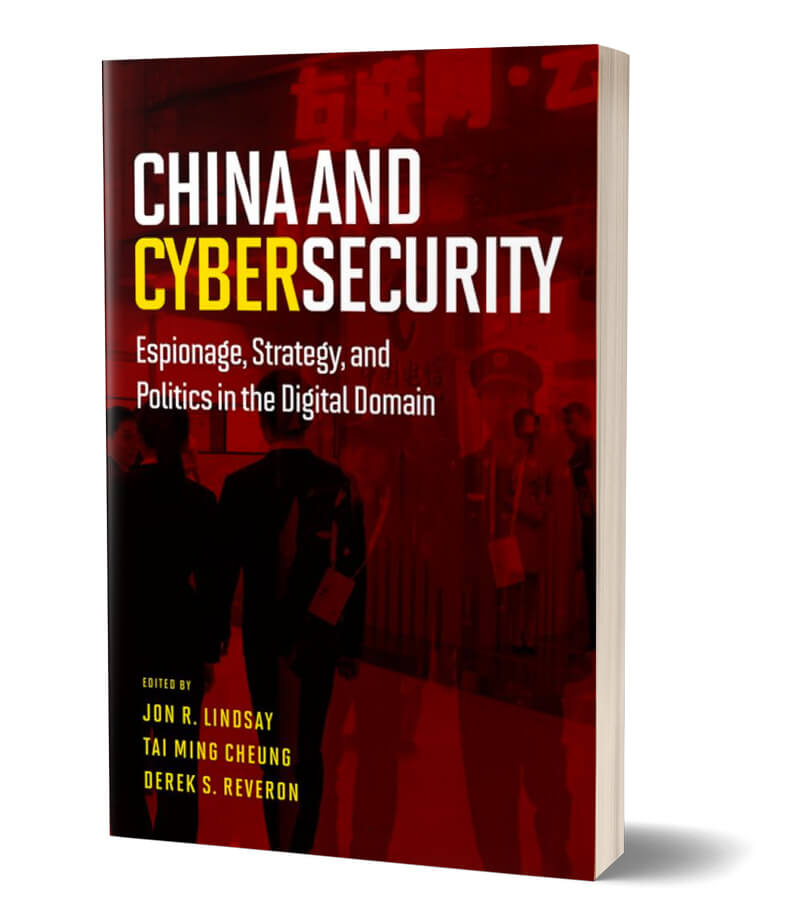 |
Tai Ming Cheung
"China and Cybersecurity: Espionage, Strategy, and Politics in the Digital Domain" (2015)
China's emergence as a great power in the 21st century is strongly enabled by cyberspace. This book is a comprehensive analysis of China's cyberspace threats and policies.
"Forging China’s Military Might: A New Framework for Assessing Innovation" (2014)
This book develops an analytical framework to evaluate the nature, dimensions and spectrum of Chinese innovation in the military and broader defense spheres.
"Fortifying China: The Struggle to Build a Modern Defense Economy" (2013)
Here Cheung explores the titanic struggle to turn China into an aspiring world-class military technological power. The defense economy is leveraging the country's vibrant civilian economy and gaining access to foreign sources of technology and know-how.
|
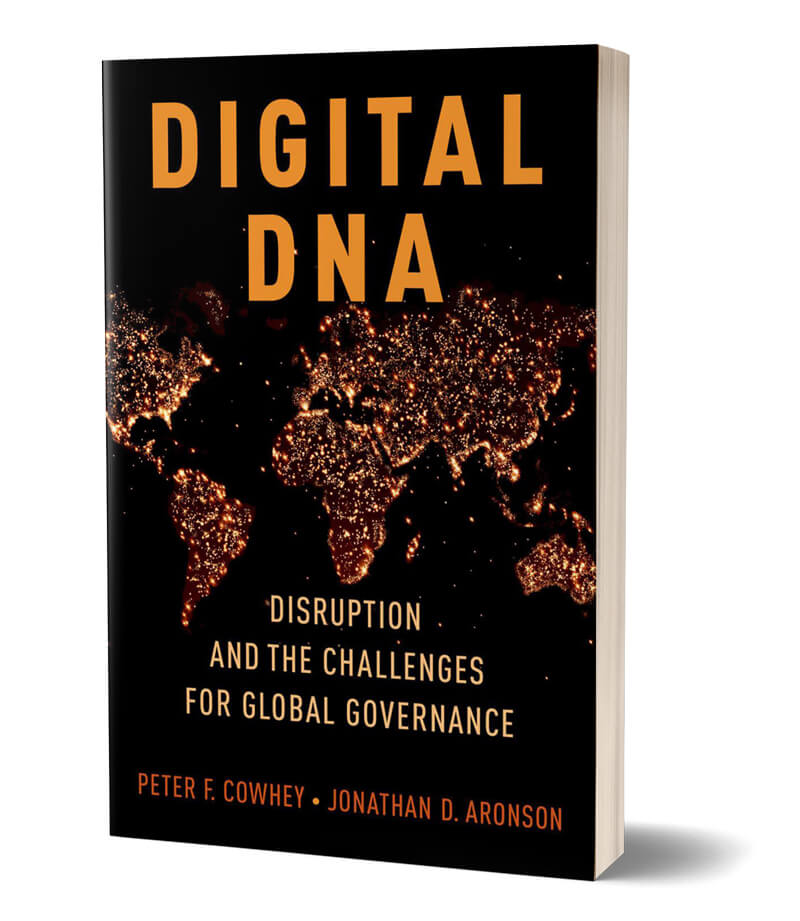 |
Peter Cowhey
"Digital DNA: Disruption and the Challenges for Global Governance" (2017)
An in-depth examination of the opportunities and challenges in the fast-changing global economy which lays out strategies that countries and the international community should embrace to promote robust growth while addressing the risks of this digital upheaval.
"Transforming Global Information and Communication Markets: The Political Economy of Innovation" (2009)
Innovation in information and communication technology (ICT) fuels the growth of the global economy. This book discusses this crucial turning point in both theoretical and practical terms.
|
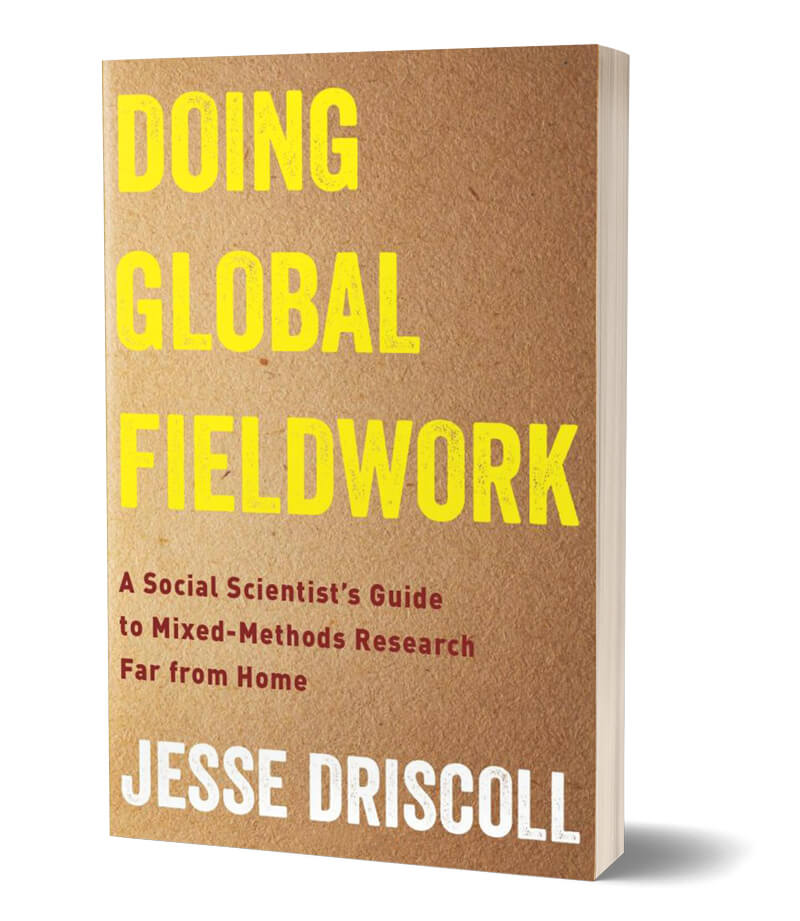 |
Jesse Driscoll
"Doing Global Fieldwork: A Social Scientist's Guide to Mixed-Methods Research Far from Home" (2021)
A how-to guide for social scientists who are considering extended mixed-methods international fieldwork. He details major steps in fieldwork planning and execution, from creating a plan, to what happens when political conditions throw up obstacles to research.
"Warlords and Coalition Politics in Post-Soviet States" (2015)
An account of war settlement in Georgia and Tajikistan as local actors maneuvered in the shadow of a Russian-led military intervention. Combining ethnography and game theory and quantitative and qualitative methods, this is a revisionist account of the post-Soviet wars and their settlement.
|
 |
Richard Feinberg
"Open for Business: Building the New Cuban Economy" (2016)
This book examines the Cuban economy as it makes its early steps into developing a more dynamic market economy.
|
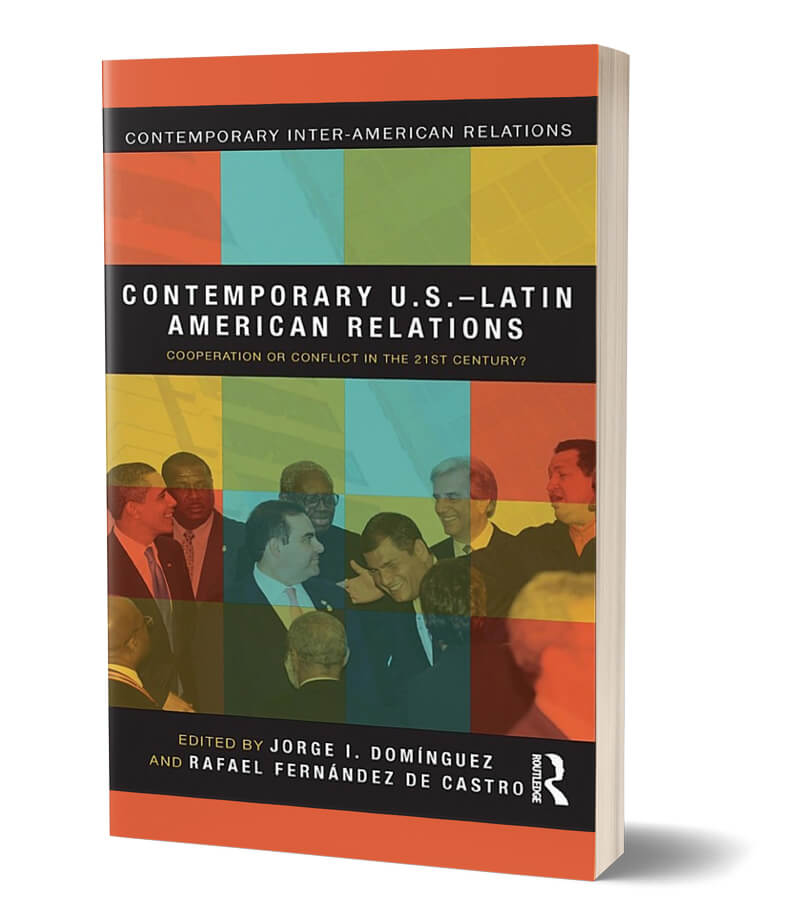 |
Rafael Fernández de Castro
"Contemporary U.S.- Latin American Relations: Cooperation or Conflict in the 21st Century?" (2010)
Drawing on the research and experience of fifteen internationally recognized Latin America scholars, this insightful text presents an overview of inter-American relations during the first decade of the 21st century.
|
 |
David Fortunato
"The Cycle of Coalition: How Parties and Voters Interact under Coalition Governance" (2021)
This book has broad implications for our understanding of electoral outcomes, partisan choices in campaigns, government formation, the policy-making process, voters' behaviors at the ballot box and the overall effectiveness of governance.
|
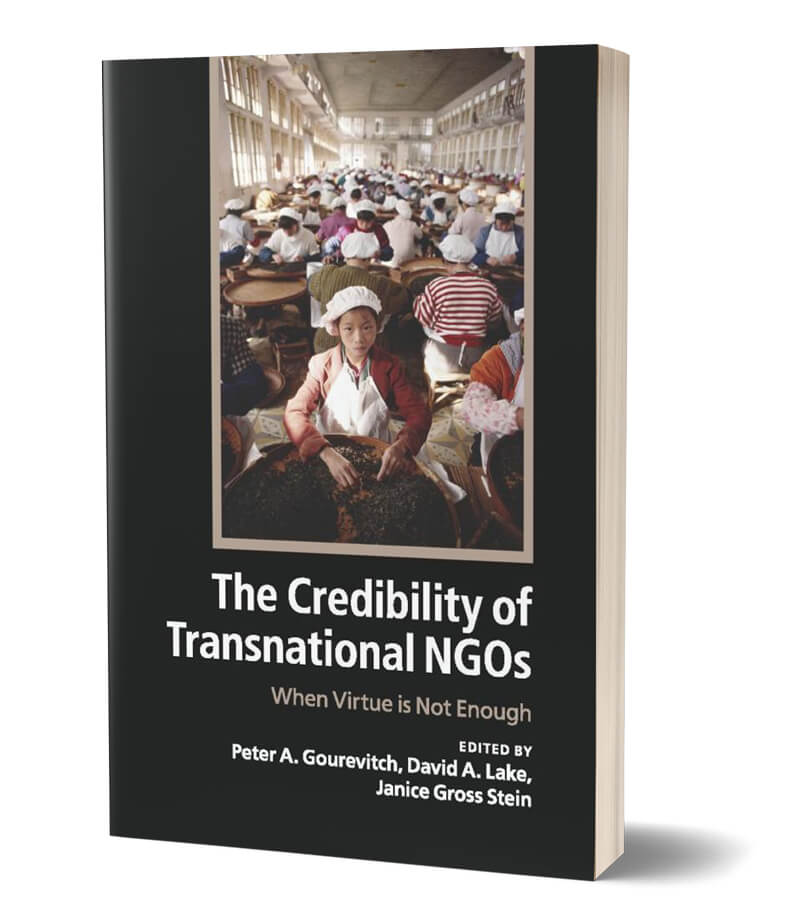 |
Peter A. Gourevitch
"The Credibility of Transnational NGOs: When Virtue is Not Enough" (2012)
We rely on NGOs to monitor the ethical practices of governments and for-profit firms and to undertake many humanitarian tasks that public and private actors will not do. This book evaluates the credibility of NGOs as they carry out these important functions.
"Political Power and Corporate Control: The New Global Politics of Corporate Governance" (2005)
This book explains how politics shape corporate governance--how managers, shareholders and workers jockey for advantage in setting the rules by which companies are run, and for whom they are run.
|
 |
Emilie M. Hafner-Burton
"Making Human Rights a Reality" (2013)
A look at the emergence of a massive body of legal norms and procedures aimed at protecting human rights and why it has been so hard for these international laws to have much impact in parts of the world where human rights are most at risk.
"Forced to Be Good: Why Trade Agreements Boost Human Rights" (2009)
This book tells the story of the politics of trade agreements and the ways in which governments pursue market integration policies that advance their own political interests, including human rights.
|
 |
Stephan Haggard
"Backsliding" (2021)
Assaults on democracy are increasingly coming from duly elected governments, rather than coups. This book examines the processes through which elected rulers weaken checks on executive power, curtail political and civil liberties, and undermine the integrity of the electoral system.
"Developmental States" (2018)
The concept of the developmental state emerged to explain the rapid growth of a number of countries in East Asia in the postwar period. This provides a critical but sympathetic overview of the literature on developmental states and ends a look forward at the possibility for developmentalist approaches.
"Hard Target" (2017)
This book captures the effects of sanctions and inducements on North Korea and provides a detailed reconstruction of the role of economic incentives in the bargaining around the country's nuclear program.
|
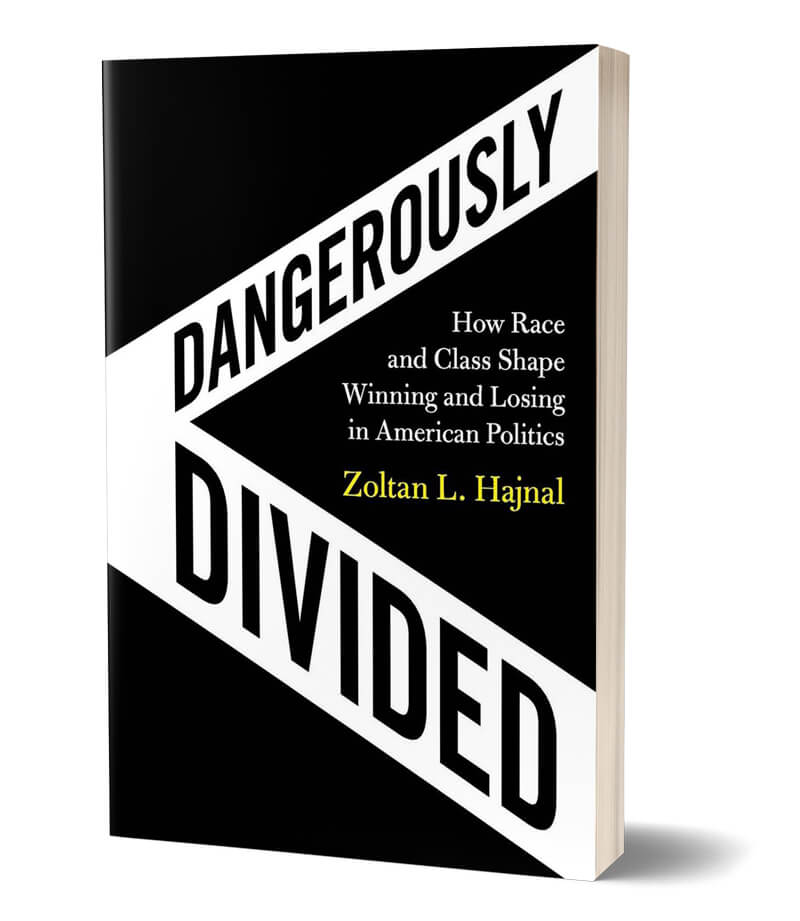 |
Zoltan L. Hajnal
"Dangerously Divided: How Race and Class Shape Winning and Losing in American Politics" (2020)
As America has become more racially diverse and economic inequality has increased, American politics have also become more divided by race and less divided by class. This book draws on sweeping data to assess the political impact of the two most significant demographic trends of the last 50 years.
"White Backlash: Immigration, Race, and American Politics" (2015)
An authoritative assessment of how immigration is reshaping the politics of the nation. The authors show that fears about immigration fundamentally influence white Americans' core political identities, policy preferences and electoral choices, causing them to defect from the Democratic to the Republican Party.
"Why Americans Don’t Join the Party: Race, Immigration, and the Failure of Political Parties to Engage the Electorate" (2011)
This book offers the first sustained and systematic account of how race and immigration today influence the relationship that Americans have – or fail to have – with the Democratic and Republican parties.
|
 |
Ellis Krauss
"Reluctant Warriors: Germany, Japan, and Their U.S. Alliance Dilemma" (2019)
This book examines the cultures of anti-militarism in Germany and Japan, in the context of their alliance relationships, showing how and why both countries have modified their military postures since 1990. The authors also assess the risks the U.S. takes if it makes too simplistic a demand for the two countries to "do more" militarily.
"The Rise and Fall of Japan's LDP: Political Party Organizations as Institutions" (2010)
After holding power almost continuously from its inception in 1955, Japan's Liberal Democratic Party (LDP) lost control of the national government decisively in September 2009. This book sheds light on the puzzle of the LDP's long dominance and abrupt defeat.
|
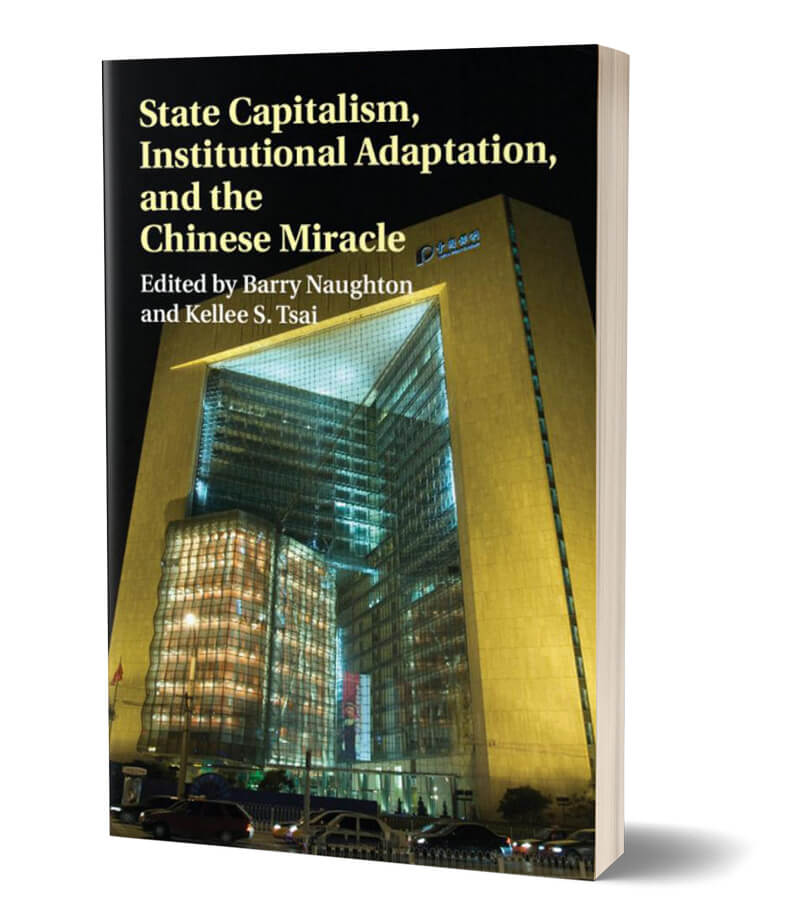 |
Barry Naughton
"State Capitalism, Institutional Adaptation and the Chinese Miracle" (2015)
This volume explores how Chinese institutions have adapted to the new challenges of "state capitalism."
"The Chinese Economy: Transitions and Growth" (2006)
This comprehensive overview of the modern Chinese economy offers a quality and breadth of coverage not found in any other English-language text.
|
 |
Krislert Samphantharak
"Households as Corporate Firms" (2009)
This book proposes a conceptual framework for measurement necessary for an analysis of household finance and economic development and includes productivity of household enterprises, capital structure, liquidity, financing and portfolio management.
|
 |
Ulrike Schaede
"The Business Reinvention of Japan: How to Make Sense of the New Japan and Why It Matters" (2020)
An in-depth exploration of current Japanese business strategies that make Japan the world's third-largest economy and an economic leader in Asia. To accomplish their reinvention, Japan's largest companies are building new processes of breakthrough innovation.
"Choose and Focus: Japanese Business Strategies for the 21st Century" (2008)
Between 2002 and 2008, Japan's economy saw constant expansion, a record among the world's advanced economies and Japan's longest period of economic growth since World War II. This book argues that the emerging practices and attitudes have created a New Japan.
|
 |
Victor C. Shih
"Factions and Finance in China: Elite Conflict and Inflation" (2008)
Nearly all financial institutions in China are managed by members of the Communist Party, yet economists do not have a framework with which to analyze the links between banking and politics. This book is the first to develop a framework with which to analyze how elite politics impact both monetary and banking policies.
|
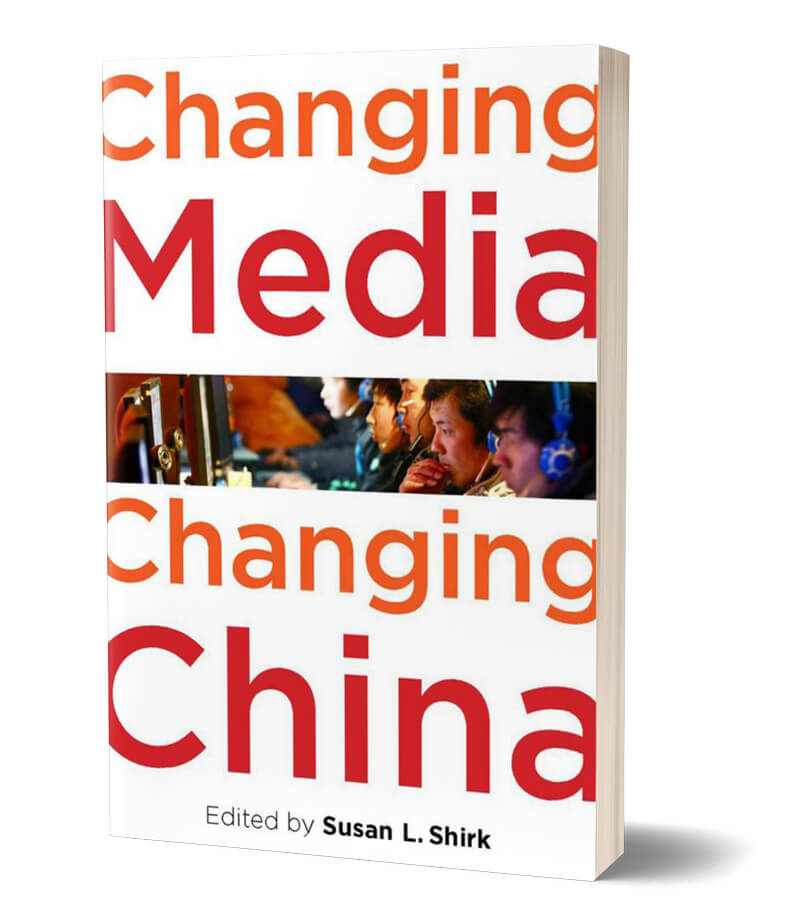 |
Susan Shirk
"Changing Media, Changing China" (2010)
Covering everything from the rise of business media and online public opinion polling to environmental journalism and the effect of media on foreign policy, this book reveals how the most populous nation on the planet is reacting to demands for real news.
"China: Fragile Superpower" (2007)
China today is the world's fastest growing economy. This book opens up the black box of Chinese politics and finds that the real danger lies elsewhere — not in China's astonishing growth, but in the deep insecurity of its leaders.
|
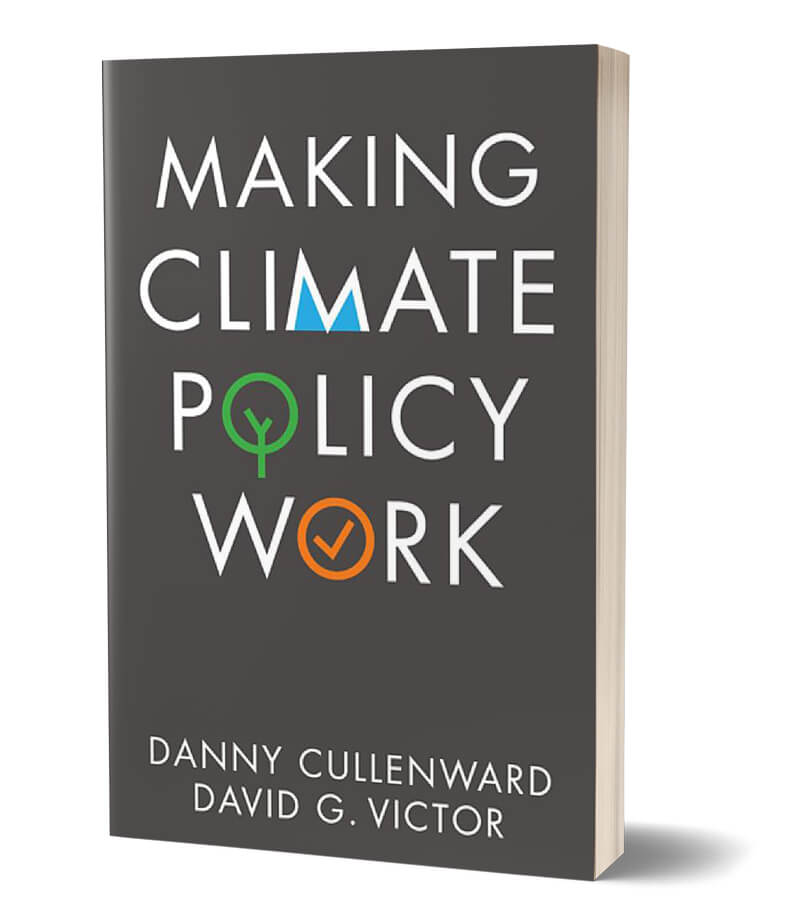 |
David G. Victor
"Making Climate Policy Work" (2021)
This book works to solve the puzzle behind why climate policy and commitments from governments and firms around the world have yet to result in actual decreased emissions.
"Oil and Governance: State-Owned Enterprises and the World Energy Supply" (2011)
National Oil Companies (NOCs) play an important role in the world economy. They produce most of the world's oil and bankroll governments across the globe. This book explains the variation in performance and strategy for NOCs and provides fresh insights into the future of the oil industry.
"Global Warming Gridlock" (2011)
This book explains why the world hasn't made much diplomatic progress on the problem of climate change while also exploring new strategies that would be more effective.
|
 |
Barbara F. Walter
"How Civil Wars Start" (2022)
In this urgent and insightful book, Walter redefines civil war for a new age, providing the framework we need to confront the danger we now face—and the knowledge to stop it before it’s too late.
"Reputation and Civil War: Why Separatist Conflicts Are So Violent" (2009)
Why do self-determination disputes between governments and ethnic minorities often end in war? This book argues it is because governments want to build tough reputations. The author demonstrates the importance of reputation building for governments in multiethnic countries and how governments consciously invest in it.
|


















